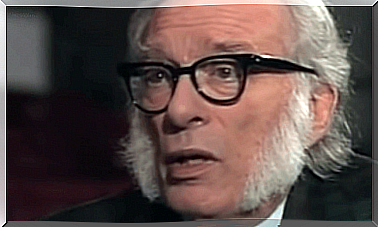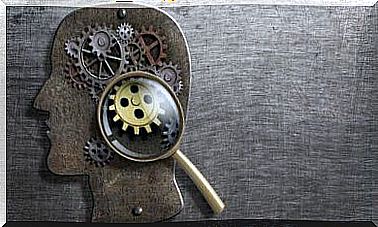Don’t Talk About What You Don’t Know

Don’t talk about what you don’t know, forget the gossip ; do not comment on what you have not seen; if you haven’t heard with your ears, don’t open your mouth. The mouth doesn’t have to invent what the eyes haven’t seen, yet sadly, there are still people who have a lot to learn about it.
Some people act with the intention of deceiving us. This is the truth, however heavy and painful it may be. Gossip and slander are even more poisonous. Why? Because they hurt those who say them, those who listen to them and the person to whom they refer.

To those who dedicate their time to self-improvement …
… There is no time left to criticize others. Listening to gossip, chatter and fabricated stories is a highly harmful practice. Likewise, when we make such rumors, we contribute to spreading an evil that backfires in the form of toxicity, bad feelings and an inability to adapt to life and society.
We must ease our restlessness, put aside the gossip and not try to affect or express our concern for what is not ours. It is good to remember once again that before opening your mouth, you must “sift” at least three times what you are about to say. Here is a short story that sums up the concept perfectly:
In ancient Greece Socrates was widely known for his wisdom. One day someone came to see the great philosopher and said to him:
– “Do you know what I just heard about your friend?”
– “One moment” – answered Socrates – “Before you tell me, I would like to give you a test, that of the three sieves.”
– “The three sieves?”
– “Yes” – continued Socrates – “Before telling everything about others, it is good to take the time to filter what one would like to say. I call it the three sieve test. The first sieve is the truth. Have you checked if what you are going to tell me is true? “
– “No … I’ve only heard about it …”
– “Very good. So you don’t know if that’s the truth. Let’s continue with the second sieve, that of goodness. Is what you want to tell me about my friend good? “
– “Ah no! In reverse.”
– “So” – continued Socrates – “You want to tell me bad things about him and you are not even sure if they are true. Maybe you can still pass the test, the third sieve remains, that of utility. Is it useful for me to know what this friend would have done to me? “
– “No, really.”
– “So” – concluded Socrates – “what you wanted to tell me is neither true, nor good, nor useful; why did you want to tell me? “
-The three sieves of Socrates-

What brings gossip to life is the attention of the listener
As Carolina Herrera said, if there is something we don’t like, we can deprive it of its only strength: our attention. There is nothing in the world that can affect us if we don’t give it credit by showing interest.
Staying away from gossip will first and foremost serve to maintain a healthy attitude towards our relationships, our health and our self-concept. Because paying attention to what others say means allowing them to penetrate our mind.
Gradually this habit is consolidated and ends up destroying the personal and mental balance that is earned through sincerity, respect, humility, generosity and honesty. As a result, “emotional and social disturbances” will form which will cause us harm and relational conflicts.
For this reason, it is good to prevent others from telling us stories or slanders, so as to prevent them from distorting our reality and worsening the way we manage what we think, feel or do, both with respect to ourselves and towards others.









